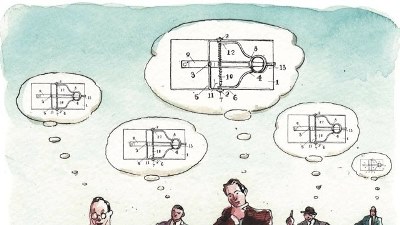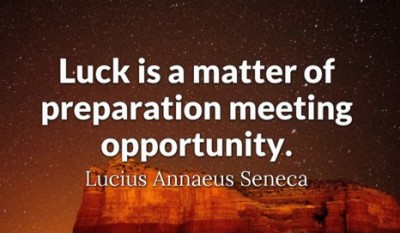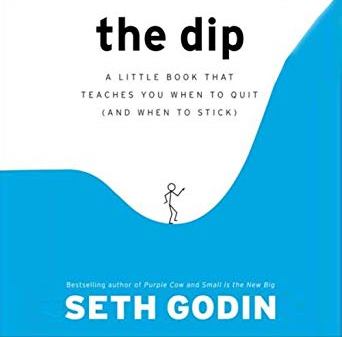I did not realize it so forcefully, and I have been impressed since I became conscious of the effect. Whatever first explanation on some event or phenomenon we hear we tend to believe, until some more persuasive explanation is forced upon us – and we have a tough time to change our beliefs then. There is an incredible power in the first convincing explanation we receive.

This may explain for example, why it may be difficult to change our mind from explanations provided by our parents or social entourage when we were young, or from explanations provided by our cultural environment. It takes being exposed to obvious observations that the initial explanation is not sufficient or inaccurate to change our mind.
This effect has of course serious impact in our daily life: there is a premium to the first explanation we hear. If it is fake, unscientific or an attempt at manipulation does not matter – if it’s credible, we will take it for granted until a better explanation is imposed upon us. This explains in part the power of fake news and social media, and conversely the importance of subscribing to reliable information sources.
Being better conscious of this ‘first explanation effect’ is also useful to be less reluctant to change our view when we are offered more credible alternative explanations. Be more aware!











